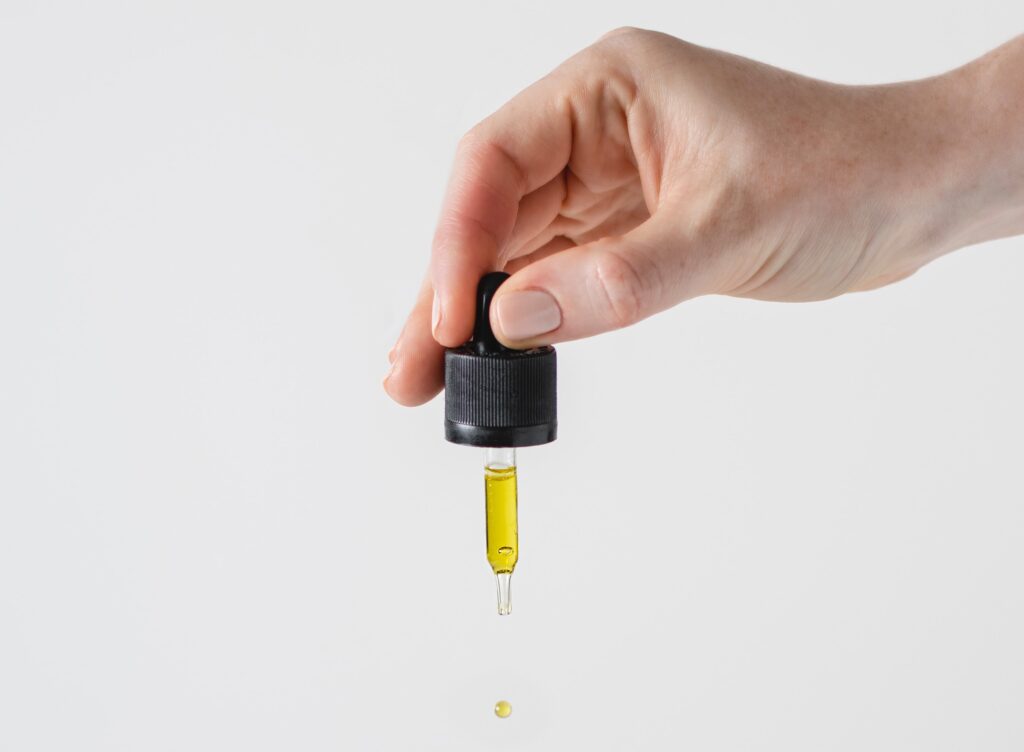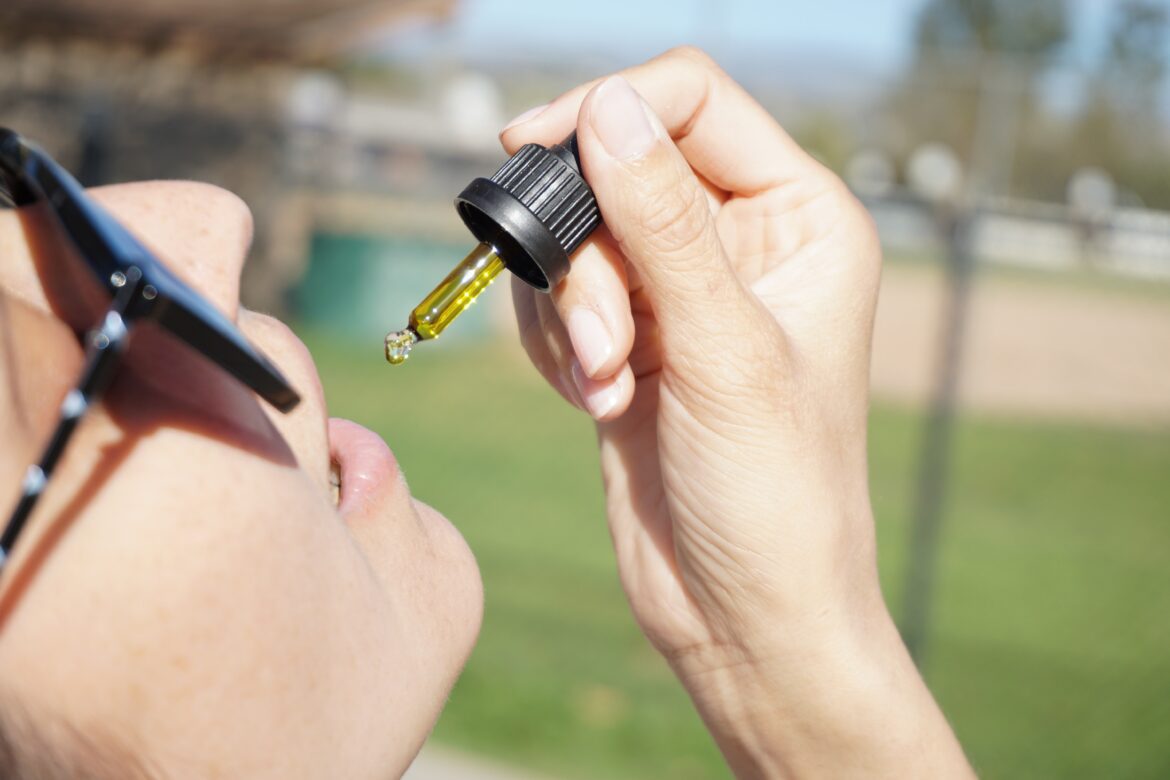According to the internet, CBD will make you pretty and rich. It will give you x-ray vision, superhuman strength, and the power to start fires with your mind. This is why you shouldn’t be quick to trust everything you read on the internet.
Except for this. You should definitely trust this.
When the CBD boom happened, the internet did what it does best. It turned CBD into the mirage of a miracle, the same way it did with coconut oil and turmeric. CBD does have plenty of well-studied benefits, but most of the benefits people claim it has haven’t yet been substantiated by any reliable studies.
People with ADHD are, by nature, hyperactive. Most of them would prefer not to be. Since CBD has a reputation for helping people relax, it only seems logical that CBD would be a treatment for ADHD.
Not so fast.
People with ADHD may experience some wellness benefits from CBD, but it isn’t a replacement for doctor-recommended ADHD treatment. It’s more of a treat that makes you feel good.
What is CBD?
CBD is short for cannabidiol, and it’s one of over 113 known cannabinoids in the cannabis plant. It’s also one of the most abundant cannabinoids in the plant, which is why it receives so much attention. Almost all cannabis plants will either be majority THC or majority CBD. THC is the one that gets you high, and CBD is the one that chills you out.
How does CBD work?
Every mammal has an endocannabinoid system. People, cats, dogs, pangolins, and narwhals are all capable of utilizing cannabinoids. (Side note: don’t give a narwhal weed.)
Mammals produce their own cannabinoids to engage their endocannabinoid systems. The human body makes endocannabinoids called anandamide and 2-AG to stimulate the system’s CB1 and CB2 receptors. They receive external cannabinoids just as well.
Some cannabinoids interact with your cannabinoid receptors while others precipitate a reaction without interacting with the receptor. THC interacts with the CB1 receptor and gets you high. CBD is an antagonist of the CB1 receptor and an agonist of the CB2 receptor. Now, CBD doesn’t interact with your CB1 receptor, and it doesn’t want anything else to interact with it either. It chases THC off, reducing its potency and throttling a high. As an agonist of the CB2 receptor, it encourages the receptor to produce a specific response. This is one of many things that CBD does.
You have CB2 receptors all over your body, but these aren’t necessarily the most important targets for CBD. It whirls around your body and gets mixed up with as many receptors as it can find, changing the way they communicate.
In most cases, these changes in communication produce favorable effects. CBD interacts with receptors that can make you feel relaxed, helping you recover after a workout or making it easier to fall asleep at night. These are the benefits that people with ADHD are likely seeking from CBD.
Is CBD a treatment for any conditions?
Cannabinoid research is very tricky. Research on most cannabis is extremely limited due to its status as federally illegal. We have a little more research on CBD because it can easily be derived by hemp, the federally legal cannabis plant that contains less than 0.3% THC by dry weight. Even still, the research we have is mostly incomplete and often imperfect.
The FDA has officially approved a single drug containing CBD. That drug, Epidiolex, is used to treat rare and severe seizure disorders. To date, this is the only time the FDA has ever recognized CBD as a cure for anything–and they’re extremely quick to mention that whenever the opportunity arises.
The FDA doesn’t allow companies to use language suggesting that anything they haven’t approved or regulated is capable of curing or treating any disease. Because the CBD market is unregulated and the research on CBD has not yet led to the declaration of CBD as a potential treatment for anything other than seizures, no one can make any other claims.
CBD, outside of its approved form of Epidiolex, is considered a supplement or a wellness aid. It can be used to support or promote certain feelings.

Is CBD a treatment for ADHD?
No. CBD is not a treatment for ADHD. But, that doesn’t mean that people with ADHD shouldn’t use it. CBD’s impact on ADHD is drastically understudied.
Some studies didn’t find any correlation between CBD use and the improvement of ADHD symptoms. Other studies reported that their participants with ADHD were calmer, slept better, found it easier to concentrate, and had less trouble with public speaking.
These studies are promising, but they’re not yet written into medical law. More extensive and specific studies are necessary to draw a definitive link between CBD use and the management of ADHD symptoms, and no one knows if or when that will happen. If more studies come to fruition, it cannot be ascertained that the conclusion they draw will be in favor of CBD.
Some people with ADHD may enjoy the benefits of CBD oil for promoting relaxation or supporting better sleep. If you have ADHD and would like to try a relaxation aid or a natural sleep aid, there’s a chance you might enjoy the way CBD makes you feel.
If you have ADHD and you’re interested in trying CBD, talk to your doctor. If your doctor approves of your choice, use your CBD as directed.
Is CBD safe?
Most of the adverse effects reported from CBD use have to do with other ingredients in tinctures, like fatty oils. Overuse of CBD has been known to cause fatigue or sleepiness. Funnily enough, many people use CBD specifically to induce this side effect.
As far as the long-term effects of CBD are concerned, we just don’t know. The long term hasn’t happened yet. CBD has only gained major traction within the past decade, and that’s not enough time to determine how it will affect regular users 30 years down the line.
It may not be a great idea to give CBD to children living with ADHD. Even though it won’t get them high, we don’t have enough data to determine if it poses any negative effects on growing brains. If you have a child with ADHD, always heed the word of your pediatrician. If you’re an adult with ADHD, take your doctor’s advice.
Do you need to use CBD with THC?
All full-spectrum CBD products, including those derived from hemp, contain THC. They just contain so little CBD that they’re incapable of getting you high. If you don’t want to use any THC, you don’t have to. Some people simply prefer throwing a little bit of THC into the mix.
It’s important to note that high concentrations of CBD will at least partially prevent THC from interacting with your brain receptors. High CBD, low THC products will likely get you even less high than you believe they will. Most of them produce a gentle and fleeting buzz, rather than a full-on couch-locked high.
A word of caution to anyone who doesn’t want to feel energized: don’t use high CBD sativa.
Sativa strains are believed to be the most energizing and productive strains. Indica strains are known to produce more of a relaxing body high, which is a little more conducive to relaxation. If you want to use your CBD in conjunction with THC before bed, Indica is always a better choice.
The takeaway
It would be wildly inaccurate and totally misleading to give the impression that CBD treats ADHD. Only a qualified care provider can work with a patient to treat ADHD through the use of approved medications and therapies.
CBD is not a replacement for adequate care.
Even though CBD is not a treatment for ADHD, many people with ADHD may find that they enjoy the feelings CBD promotes. As long as their doctor feels as though CBD would be a safe choice, there’s no reason not to give it a shot. Just don’t allow CBD to overshadow the treatment plan your care providers recommend.
If you want to try cannabis wellness products, Emjay has plenty. We have a wide variety of CBD-infused tinctures, edibles, transdermal patches, topicals, tablets, and capsules. They each have varying levels of THC, making it easy to choose a product that better suits your personal preferences.
Best of all, we deliver. Pick your product and place your order. We’ll see you soon.
